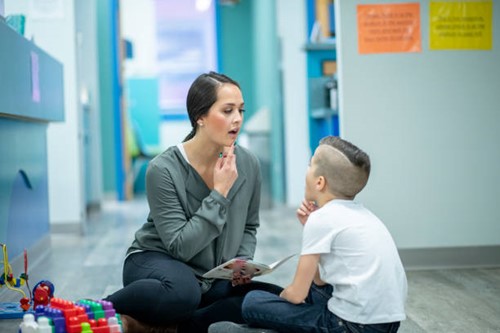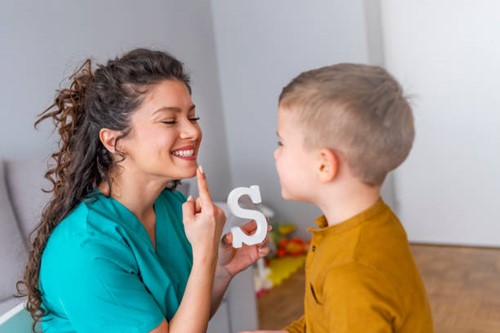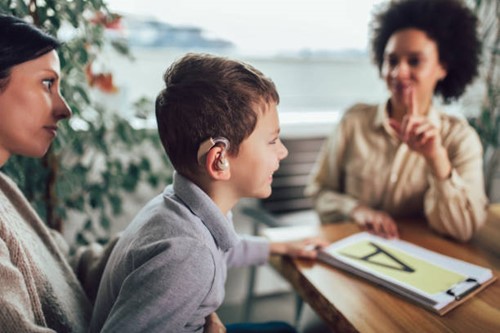- Wakefield SEND Local Offer
- Common Worries
- Speech, Language & Communication
Speech, Language & Communication
If your child has difficulty making sounds and understanding simple words or they use limited words to communicate with you, compared to children of a similar age, and you are concerned they are falling behind, your GP or health visitor may refer you to other specialist services to find out what the issue may be.
A Speech and Language Therapist can help with developing your child’s communication skills and offer advice on what you may need to do. The Children's Speech and Language Therapy (SALT) Team offer drop in sessions around the district, if you would like to find out more without being referred initially.
If your child is aged 0 – 4 years old the SALT team also run free Toddler Talk sessions around the district and you can find out full details of these sessions here.
You can download a general leaflet about the service below.
Children's Speech and Language Therapy Service Leaflet - The Mid Yorkshire Hospitals NHS Trust
If you are concerned that the reason for an issue may be because of hearing problems, you may be referred to an audiologist who can investigate further and give you advice on hearing aids to improve your child’s hearing.
The Council for Disabled Children has made a guide to recognising and supporting disabled children's communication skills. It is for parents and carers but would also be useful for professionals.
For information and support on stammering visit https://stamma.org/

Free Speech and Language training
The Royal College of Speech and Language Therapists have created free training. This is on understanding children who have both social emotional and mental health needs (SEMH) as well as Speech, Language and Communication Needs (SLCN). The training if for parents, carers and professionals.
It is called Mind Your Words. Visit https://www.rcslt.org/learning/mind-your-words/ to find out more.

Hearing impairment support
If your child does have a hearing impairment there are lots of support and information pages available on the Local Offer. We have included some quick links to just some of these below but you can find more using the Search function on the website.
NCIUA – National Cochlear Implant Users Association
British Deaf Association (BDA)
The National Deaf Children’s Society (NDCS)
Wakefield and District Society for Deaf People
This short film was made by the DEX Deaf Youth Council to tell parents of deaf and hard of hearing children about their experience and how important it is to be bilingual in English and British Sign Language (BSL). They explain the advantages of being bilingual and how much it has helped them to learn, socialise and be proud to be deaf.
The Adult Education Service at the Council offer courses on a regular basis for adults to learn BSL and you BSL SignAbility also offer courses locally.
Makaton is also another way for children and young people with speech and language difficulties to communicate and uses a mixture of signs and symbols to do that. You can find out more about Makaton by visiting The Makaton Charity who have lots of free resources and information as well as details of training courses available across the country.
For parents/carers, practitioners and people who work with children and young people who have speech and language difficulties, The Communication Trust also has lots of resources available to download and use.

Other useful links include:
Early Communication
Developmental Language Disorder (DLD)
Developmental Language Disorder (DLD) is when a child doesn't gain or learn their own language. They may get diagnosed with DLD if there is no clear reason for this.
Children with DLD may find it difficult to understand others. They might struggle to say their ideas and how they are feeling.
DLD affects on average 2 children in every class of 30. Therefore, it is important for schools to be able to support the needs of these children.
Further details and support can be found at: https://radld.org/dld-awareness-day/resources-media-ideas/teacher-kit/
Social Communication
